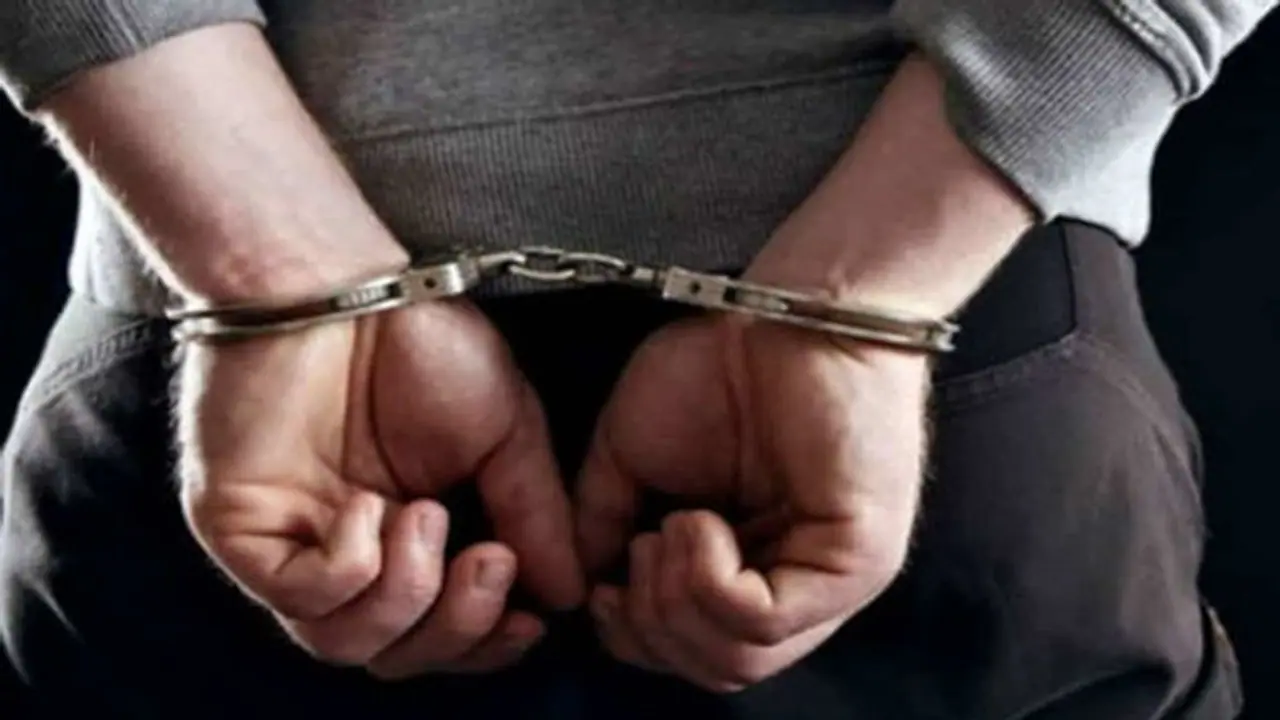Following recent developments, the Tamil Nadu government promulgated an ordinance, making it a punishable offence to prevent or attempt to block the burial or cremation of those who died of COVID-19.
Chennai: The stringent Goondas Act has been invoked against 14 people, including a woman, arrested here recently for allegedly attacking health workers while protesting the burial of a doctor who died of COVID-19, city police said on Friday.

They were detained under the act as part of crime prevention activities, police said in a release.
"The 14 people have repeatedly involved in crime activities," and therefore detained under the Goondas Act following Commissioner of Police AK Viswanathan's order, it added.
They were earlier booked for assaulting the ambulance driver and damaging the vehicle when the neurosurgeon's body was taken for burial in a city area last month.
Police had arrested nearly 20 people in connection with the incident, that drew widespread condemnation and prompted the government to promulgate an ordinance making such acts a punishable offence.
The mob, protesting the interment in their locality, attacked the undertakers using bricks, stones, bottles and sticks and chased them away.
An orthopaedic surgeon had to bury the body in the middle of the night using his bare hands and a shovel at another crematorium with the help of just two hospital ward boys following the violent protest.
Police have earlier warned of stringent action against those blocking the burial or cremation of victims of COVID-19.
The Tamil Nadu government promulgated the ordinance, making it a punishable offence to prevent or attempt to block the burial or cremation of those who died of the deadly contagion.
Such an offence would carry a jail term ranging from one to three years, besides a fine, it had said.
In an earlier instance, the remains of a doctor who succumbed to coronavirus had to be buried elsewhere following protests by locals.
In both cases, the locals feared the spread of the pandemic in the locality if the bodies were buried in their respective areas.
